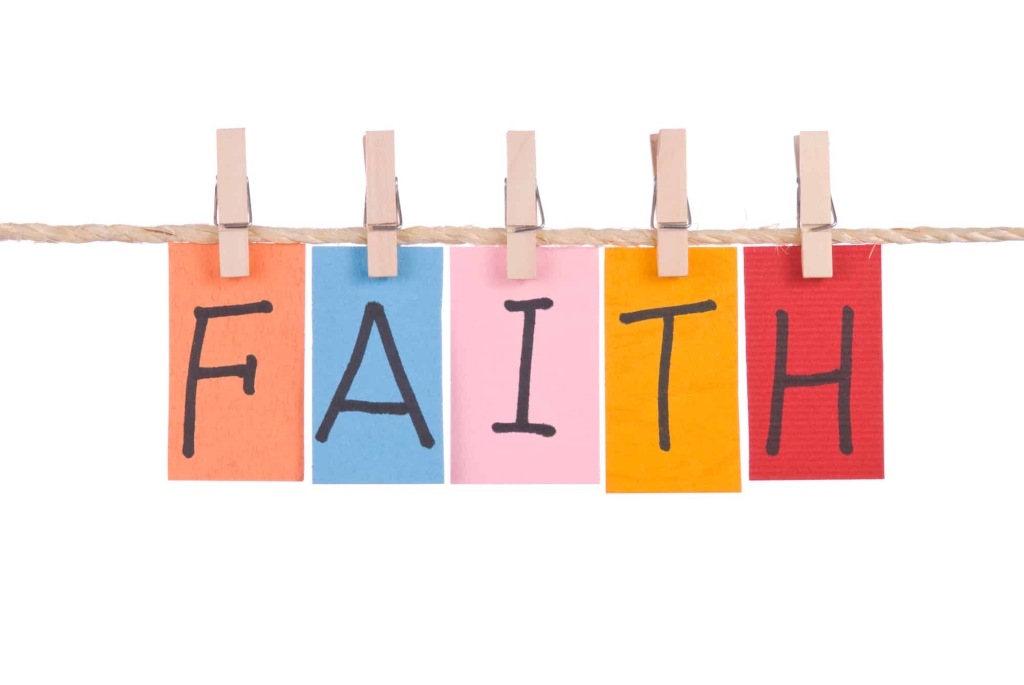This has been a week that has been filled with questions…questions I’ve pondered as I’ve encountered situations, listened to conversations, spent time in prayer and watched the world stage.
I’m posting questions via this venue, not really seeking answers (though I invite you to comment if you like) but to offer others the opportunity to ponder with me, or to get others to think about what is happening in their own lives.
Deep Questions
Let me start with the theological questions I’ve been asking this week:
- Is it possible to be totally abandoned to God?
- What does total abandonment to God look like?
I know! You want me to answer those questions, don’t you? Well, I’m not going to answer them because I’m not sure I can. As I’ve pondered the questions this week, they’ve only raised more questions. Asking the questions doesn’t diminish my desire to be totally abandoned to the Lord, but even asking the question makes me believe that I’m not totally abandoned.
I know Jesus was totally abandoned to the Father’s will, but then again, he was/is Jesus. He is God! He knows the beginning from the end. Surrender/abandonment seems easy for Him.
What about me? What about we mere mortals? Can we not ask questions? Do we simply accept every situation, circumstance or event as a place God would have us be? Even when we make stupid decisions? Does the Lord lead us into hell, or rather, does He accompany us there because we’ve led ourselves there?
See? Answering questions with more questions. That’s kinda’ been my week. Hey! If you’ve got answers, leave them in the comments section below.
“End Time” Questions
Here are more theological questions I’ve been mulling over the last week or so, especially in light of world events:
- Are we living in the “end times?”
- Am I ready for the “rapture?”
- Are there too many interpretations of the “rapture” to really understand it?
Yeah! I actually went there–end times stuff. All the chaos in the world has many people (Christians) believing that the end is near. As I ponder these questions, I have to remind myself that every generation, including the Apostle Paul’s, believed the end was near. I also have to remind myself of what Jesus said:
36 “But about that day or hour no one knows, not even the angels in heaven, nor the Son, but only the Father. Matthew 24: 36 (NIV)
Go study Matthew 24 – 25 for a more in-depth understanding of Jesus’s discourse on the end times, but with every answer be prepared for more questions. Questions like: “How self-absorbed must I be to believe that this generation is so pious that the Lord wants to ‘deliver’ us from the ‘Great Tribulation’ that is to come, when there were other generations of believers who suffered so much more persecution than we have or will?”
I refuse to answer that question, too. I’m sure some of you will attempt it. Go ahead. There is a comment section below.
Honest Questions
I haven’t only been mulling theological questions this week. I’ve also been asking myself these questions:
- Why can’t some former United Methodists simply move on?
- Why do some current United Methodists feel the need to continue to berate those that left the United Methodist Church?
These questions have been prompted by the fact the General Conference of the United Methodist Church is gathered in Charlotte, NC. Yes, it’s the postponed 2020 General Conference that is meeting in 2024. Seriously, only United Methodists could have a meeting in 2024 and call it a meeting for 2020.
Honestly, I haven’t followed the goings-on of General Conference very closely. Number one, I’m no longer United Methodist so it doesn’t really matter, but number two, who has got that much time? I only mention it because my Facebook feed has been packed with posts and comments from both current and former United Methodists who just can’t seem to let go of all that has transpired through the disaffiliations of the last four years.
I will offer this counsel to all my friends: Move on! If you are my friend and you are a former United Methodist, don’t feel the need to comment on anything that is happening at General Conference. What is happening is exactly what you knew would happen and is the reason you left the denomination. It is unnecessary to say, “I told you so,” or to cry, “Apostasy!” Move on! Look forward. Serve with faithfulness where God is calling you NOW.
If you are my friend and you remained United Methodist, don’t feel the need to complain about and berate those of us who left. Move on! Look forward. You’re getting the church you want because we’re not there. Go do what you believe the Lord is calling you to do. Don’t make yourself look less Christian because of your snide and condescending comments on Facebook.
The circumstances surrounding the General Conference have caused me to ask, “Can’t we just show one another grace?” But, hey? I’m just asking…
Trust me. These aren’t the only questions I’ve been asking myself this week. Just demonstrates how muddled my mind can get sometimes. With as many questions as I’ve had (with few answers), I still feel like I’m not asking the right questions.
So? What about you? You got questions? Better still…do you have any answers?
Until next time, keep looking up…









